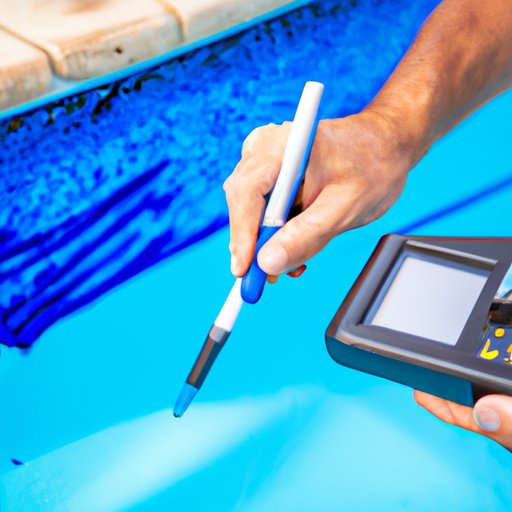Introduction
A pool leak is not only an annoyance, but it can also be costly in terms of water wasted and damage caused to the pool and surrounding areas. If left unaddressed, a small leak can quickly become a larger issue that requires extensive repairs. Fortunately, there are ways to detect and repair pool leaks before they cause major problems. This article will provide a comprehensive guide to identifying and fixing pool leaks.
Inspect the Pool Liner for Signs of Leaks
The first step in detecting a pool leak is to inspect the pool liner for signs of damage. Look for cracks and tears, as well as wet areas around the pool. These can indicate that water is seeping out of the pool. Additionally, check the seams of the liner for any signs of wear and tear. If any of these signs are present, then it’s likely that the liner is leaking.
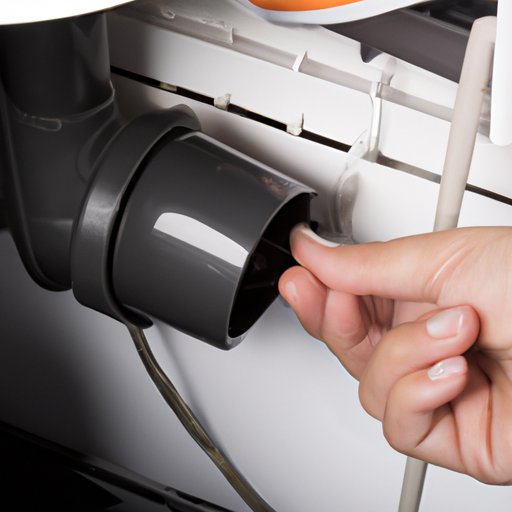
Check the Skimmer and Return Lines for Cracks
Another area to check for leaks is the skimmer and return lines. Examine the plumbing connections for any cracks or breaks. Also, check the pipes for any signs of damage. If there are any cracks or breaks in the pipes, then it’s likely that water is escaping from the pool.
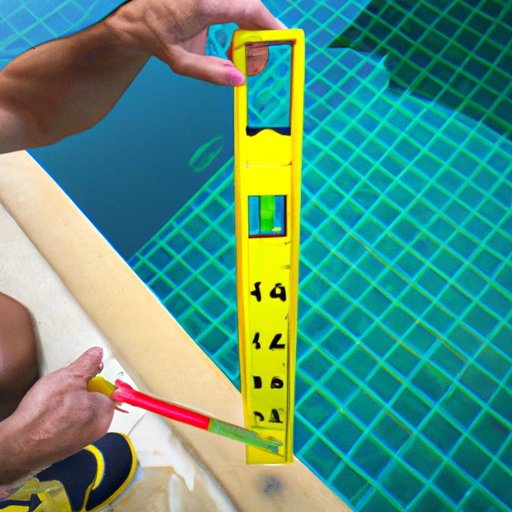
Test the Pool Water Level
The next step is to measure the water level of the pool. If the water level is lower than normal, this could indicate that water is leaking out of the pool. Additionally, it’s important to check for evaporation. Evaporation can account for some of the water loss, but if the water level is consistently lower than normal, then it’s likely that there is a leak.
Examine the Pool Pump and Filter for Leaks
It’s also important to make sure that the pool pump and filter are operating properly. Check for any signs of leaks around the filter. Additionally, ensure that the pump is running correctly and that there are no signs of leaks.
Check for Leaks Around the Pool Deck
Leaking water can also be detected by looking for evidence of moisture around the pool deck. Check the joints and seams for any signs of dampness. Additionally, look for any standing water or puddles that may indicate a leak.
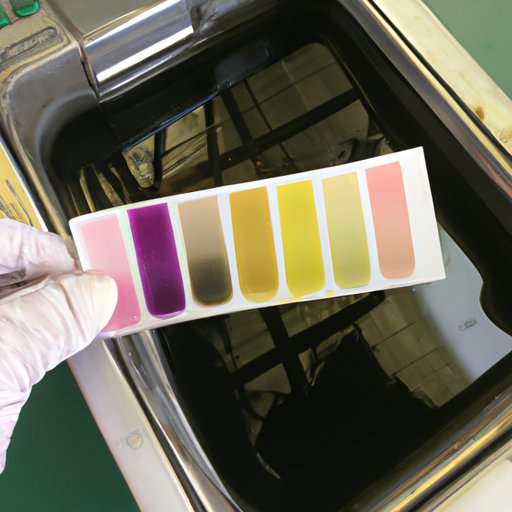
Use a Dye Test to Find Leaks
If all else fails, a dye test can be used to detect a pool leak. A dye test is a simple process where a colored dye is added to the pool water. After a few minutes, the dye will spread throughout the pool. If there are any areas where the dye appears to be escaping, then it’s likely that there is a leak.
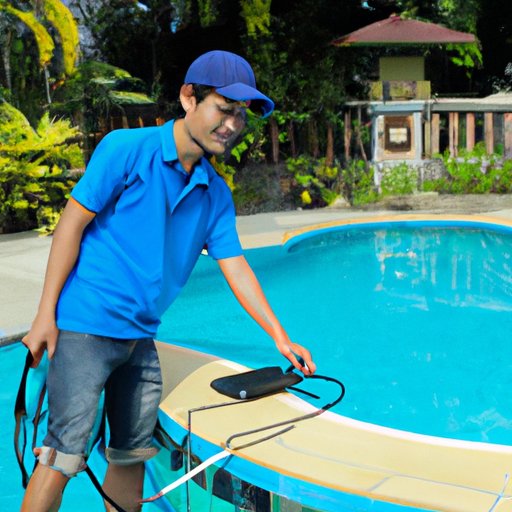
Hire a Professional Pool Technician
If you suspect that your pool has a leak and you are unable to detect it, then it may be time to call in a professional. A qualified pool technician can identify and repair pool leaks quickly and efficiently. They can also provide advice on how to prevent future leaks. Hiring a professional can save you time and money in the long run.
Conclusion
Pool leaks can be a major nuisance and can lead to costly repairs if left untreated. Fortunately, there are ways to detect and repair pool leaks. This article has provided a comprehensive guide to identifying and fixing pool leaks, including inspecting the pool liner, checking the skimmer and return lines, testing the water level, examining the pool pump and filter, looking for leaks around the pool deck, and using a dye test. Additionally, it’s important to consider hiring a professional pool technician if you are unable to locate the leak yourself.
By following the steps outlined in this article, you should be able to detect and repair any pool leaks before they become a major issue. Taking the time to address a potential leak now can save you time and money in the long run.
(Note: Is this article not meeting your expectations? Do you have knowledge or insights to share? Unlock new opportunities and expand your reach by joining our authors team. Click Registration to join us and share your expertise with our readers.)
